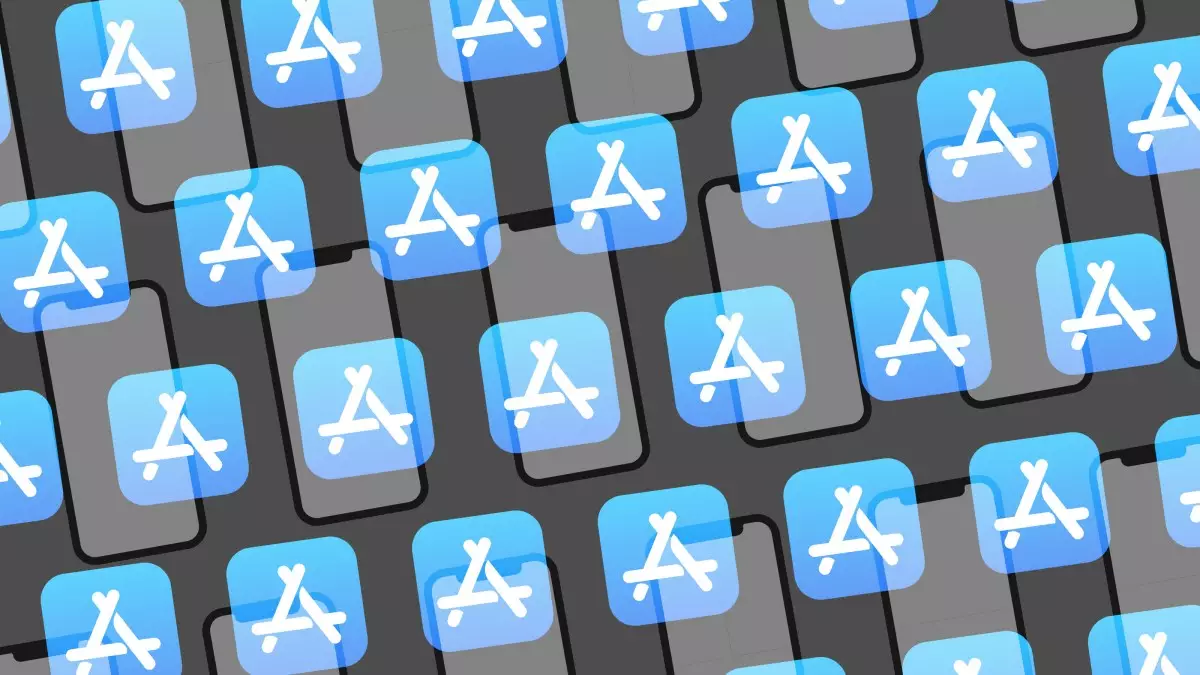In a troubling development for mobile users, a recent investigation conducted by Kaspersky revealed that approximately 20 applications from Apple and Google’s app stores were harboring a sophisticated data-stealing malware known as SparkCat. Functioning surreptitiously since March 2024, this malware has alarmingly affected users, particularly within specific regions like the United Arab Emirates and Indonesia. Although initially discovered in a food delivery app, later analysis uncovered the same malicious framework embedded in 19 other applications, collectively racking up over 242,000 downloads from Google Play alone. The widespread nature of this malware is a stark reminder of the potential vulnerabilities that accompany mobile applications.
The technical prowess of SparkCat lies in its use of optical character recognition (OCR) technology, which enables it to capture and interpret text displayed on the screen. By scanning image galleries for targeted keywords, the malware specifically seeks out recovery phrases for cryptocurrency wallets. This is particularly alarming since these phrases serve as gateways to individuals’ digital assets, allowing malicious actors to gain unacceptable access and control over victims’ cryptocurrency holdings. The malware isn’t just limited to harvesting cryptocurrency credentials; it also facilitates the extraction of personal data such as passwords and private messages via screenshots. The potential impact of such invasions of privacy is staggering, as users may unknowingly sacrifice not just their financial safety, but their personal security as well.
In swift action following Kaspersky’s revelations, Apple responded by removing the implicated apps from its App Store last week, setting a pivotal example of corporate responsibility. Google followed suit, with spokesperson Ed Fernandez confirming that all identified applications had been eliminated from Google Play and the developers permanently banned. This rapid response should instill a sense of confidence among users regarding the seriousness with which both companies treat app security. Moreover, Google reassured Android users that its built-in Play Protect feature offered safeguards against known varieties of this malware, underscoring the importance of continuous monitoring and protection measures within app ecosystems.
However, despite these positive actions, Kaspersky’s spokesperson Rosemarie Gonzales highlighted a worrying insight: the malware could still be found on unregulated websites and third-party app stores. This poses a significant threat, as it challenges the very notion of security in digital environments. The removal of apps from official stores does not guarantee that users are entirely shielded from exposure. As technology evolves, the methods employed by cybercriminals also advance, highlighting the necessity for ongoing vigilance among users and constant updates in security protocols from tech companies.
As mobile technology becomes increasingly intertwined with everyday life, the responsibility for safeguarding users falls not only on app developers and tech giants but also on consumers themselves. Educating users about the potential dangers of downloading apps from unofficial sources and the importance of scrutinizing app permissions can pave the way for enhanced security awareness. Ultimately, fostering a culture of cybersecurity literacy is critical in today’s digital age, creating an environment where both companies and users can collaboratively combat the rising tide of cyber threats.

